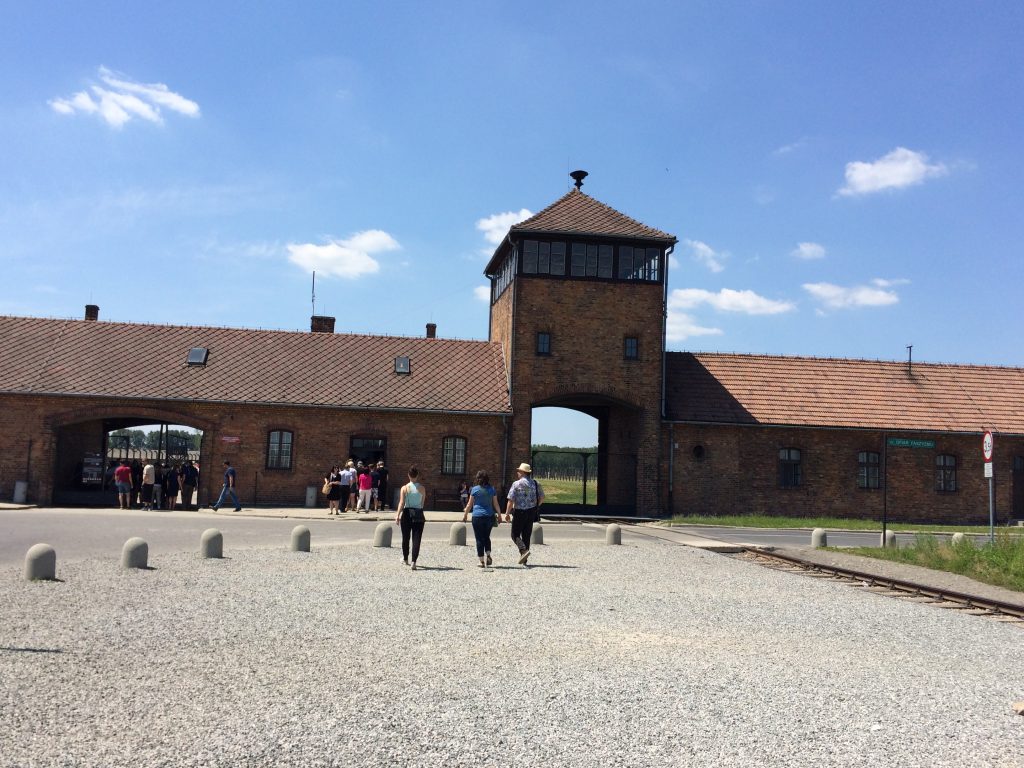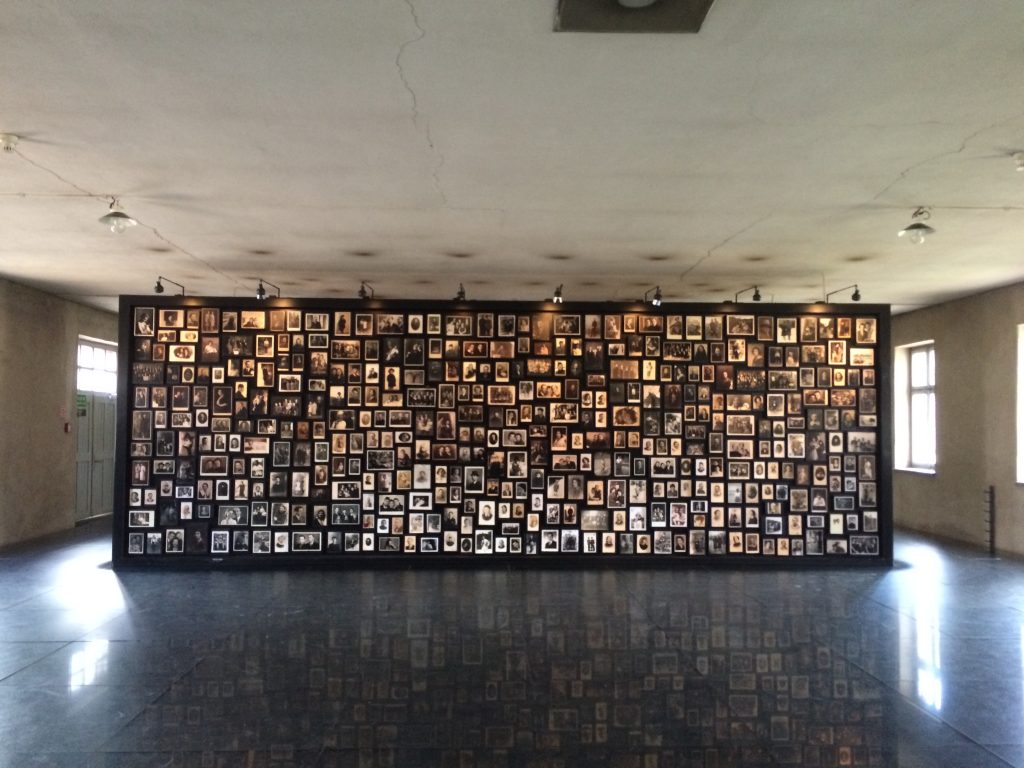‘The sense of urgency is palpable. The old Nazis are dying’: How a British film-maker launched a decade-long project to interview the last Nazi eyewitnesses to the Holocaust, and why Germany refused to fund him
Haaretz Israel 22 May 2022
Category Archives: Nazi-era
White Debt
Thomas Harding tells the story of the Demerara rebellion, and explores the legacy of Britain’s role in slavery and questions of personal and national responsibility.
BBC, Radio 4, March 6, 2022
Thomas Harding interviewing Alexandra Senfft, starting 29:00 minutes
>> listen
A Nazi descendant about the liberation of Athens 1944
Η Αλεξάνδρα Σενφτ, δημοσιογράφος και εγγονή ναζιστή εγκληματία πολέμου μιλάει για την Απελευθέρωση
Deutsche Welle Greece, 6 October 2021
>> watch
Germans push back against anti-mask Nazi resistance comparisons
Opponents of Covid-19 restrictions embrace idea of fighting totalitarian German state
Derek Scally, The Irish Times, 23/11/2020
>> read
The German model for America
The long and public reckoning that followed the Holocaust shows a path forward for a United States that desperately needs to confront its racist past.
“In her [Senfft’s] estimation, even now, the Nazis have been “othered,” as if the evil hadn’t taken root in Germans’ own families and neighborhoods. Those who did confront the crimes of their ancestors could not have been prepared for what that realization would feel like…
In American textbooks and schools and families, the same phenomenon that Senfft described of Nazism is true.”
By Mattie Khan, Vox.com
>> read
The Long Shadow of the Perpetrators
This article addresses the transgenerational consequences of the Second World War and the Holocaust for the descendants of the Nazi perpetrators and bystanders. Using the example of her own family, the author traces the external obstacles and the psychological difficulties arising from working through a legacy of crime, compounded by the fact that an atmosphere of taboos, silence and denial has persisted within German families – in spite of all the research and enlightenment in the academic and political spheres. The author argues that the patterns of feeling, thinking and action are often passed down when they are not scrutinised. Meaningful dialogues with the survivors and their descendants, as well as authentic remembrance, the author claims, can only take place if descendants of the victimisers break away from those generationally transmitted narratives which continue to evade the entire truth about the crimes committed by the Nazis and their accomplices in Europe.
European Judaism, Volume 53, September 2020
read/purchase
Streitfall Antisemitismus
Anspruch auf Deutungsmacht und politische Interessen
Ein Sammelband zur Orientierung in der Debatte

Wolfgang Benz (Hrsg.)
Mit Beiträgen von: Shimon Stein/Moshe Zimmermann, Daniel Cil Brecher, Juliane Wetzel, Wolfgang Benz, Daniel Bax, Michael Kohlstruck, Peter Widmann, Micha Brumlik, Thomas Knieper, Dervis Hızarcı, Katajun Amirpur, Alexandra Senfft, Muriel Asseburg, Gert Krell
Metropol Verlag, Juli 2020
ISBN: 978-3-86331-532-0
Hardcover, 328 Seiten, 24,– €
ISBN E-Book/pdf:
978-3-86331-981-6, 19,– €
La larga sombra de los genocidas
by Alexandra Senfft in: Nosotrxs, Historias Desobientes

Primer encuentro internacional de familiares de genocidas por la Memoria, la Verdad y la Justicia
Ediciones AMP
La nuit où j’ai été déportée à Auschwitz
Anna Ornstein est née en Hongrie, en 1927. En 1944, elle a été déportée à Auschwitz avec ses parents et sa grand-mère de 96 ans. Elle témoigne de son expérience et s’interroge sur ce que nous pouvons en penser alors que l’idéologie d’extrême-droite se répand de nouveau sur le monde. Par Alexandra Senfft
>> lire

L’héritier nazi ou la mémoire bouffée aux mythes
Minimiser les crimes de sa famille ? La méthode allemande d’auto-exonération a conduit, selon la journaliste Alexandra Senfft, à un aveuglement qui nourrit le retour de l’extrême-droite. Au lendemain du 8 mai 2020, une réflexion sur le déni et ses conséquences politiques Mediapart, France, 12.05.2020
>> read

